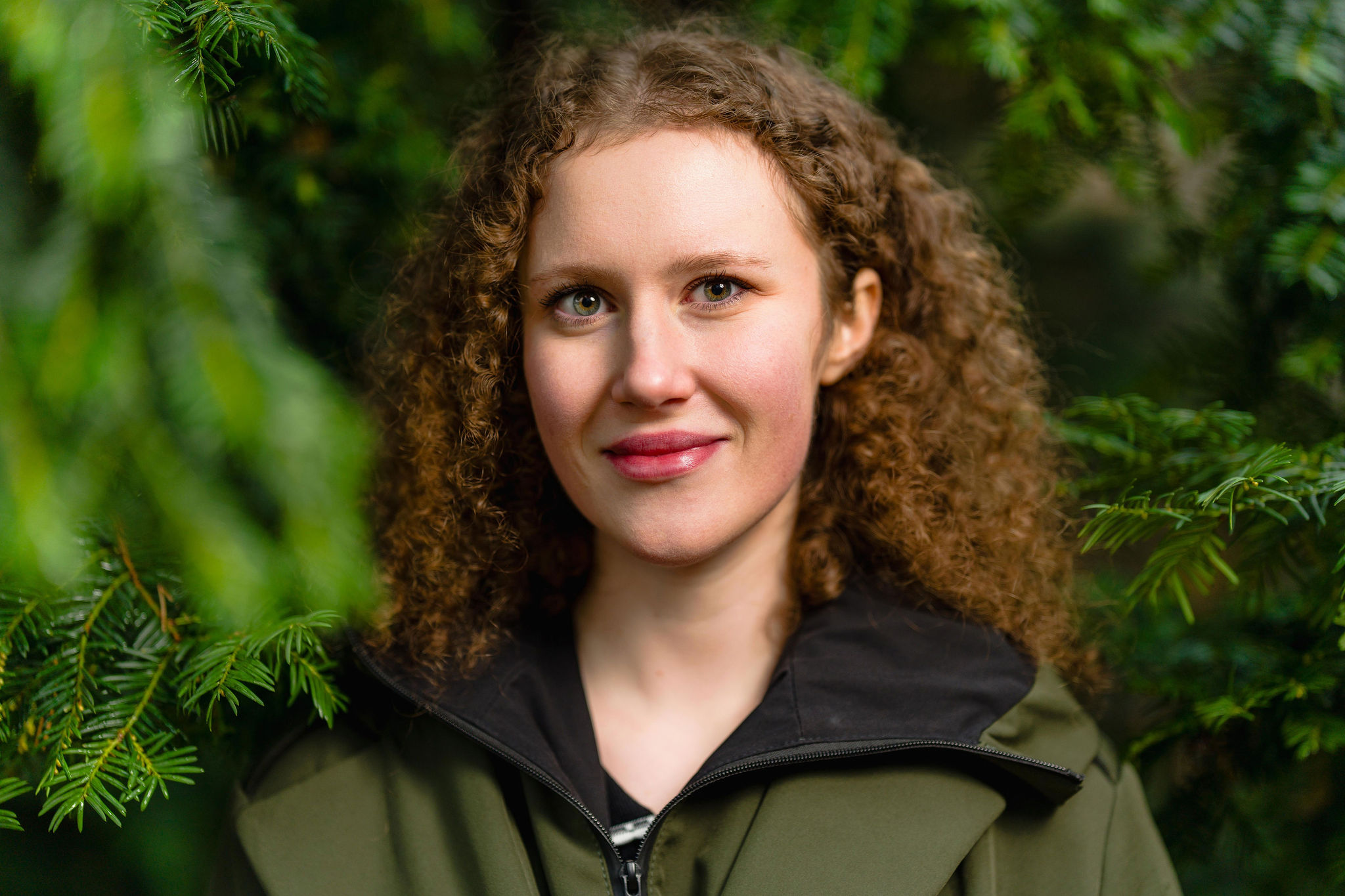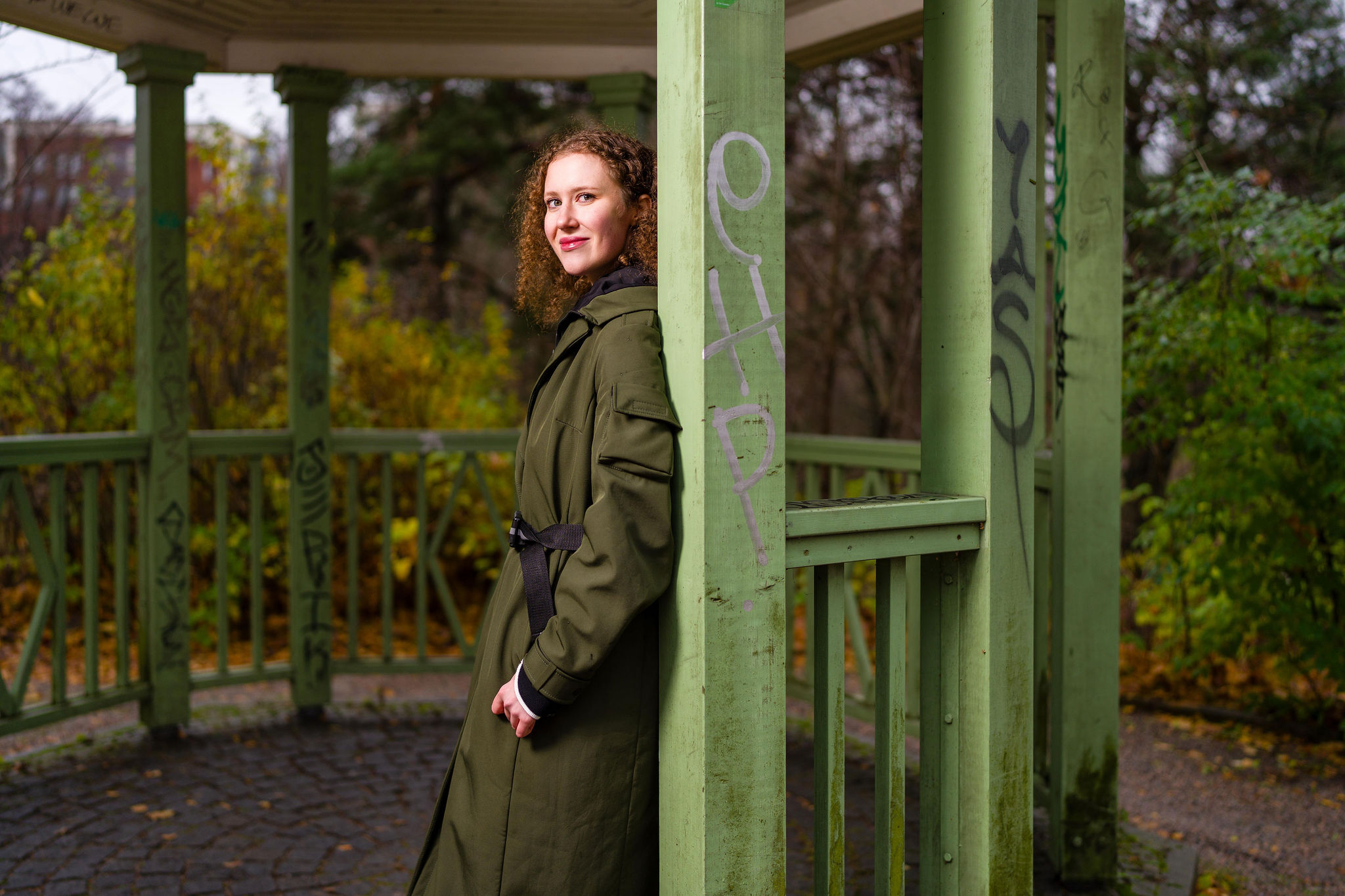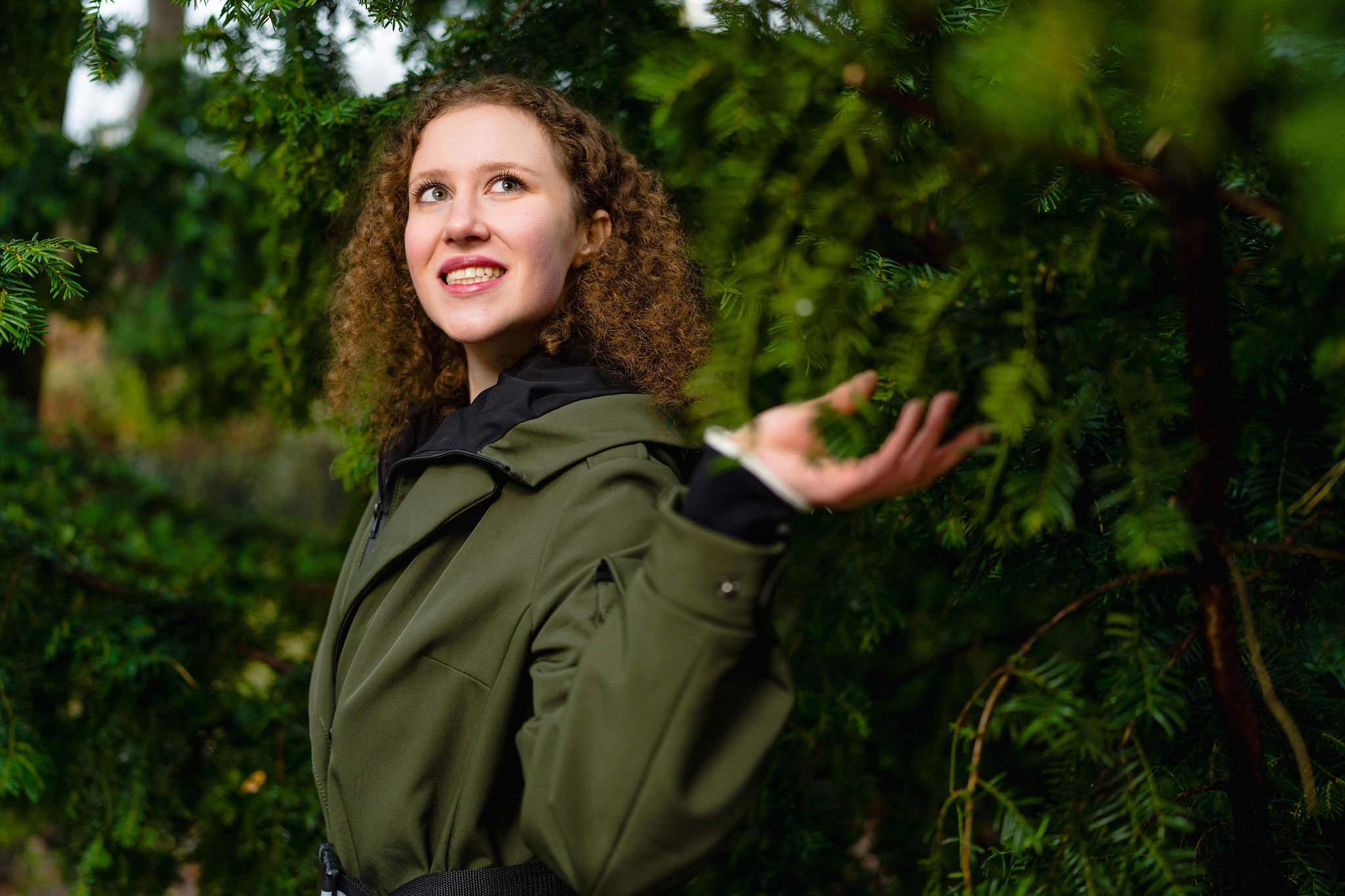 “At Diak tolerance is really a thing”
“At Diak tolerance is really a thing”
Kamilla Astikainen chose Diak for her nursing studies because she was fascinated by its philosophy. She was also convinced of the high quality of teaching. After one term of studies she has not regretted her choice.
Russian born Kamilla Astikainen had already graduated with a bachelor’s degree in history when she realized that she wanted to create herself also another sphere of life in Finland and get a degree which would help her to get work anywhere.
– History has always been one of my biggest passions. But during pregnancy and giving birth, I had firsthand experience about Finnish health care system and I was fascinated how professional Finnish nurses are. Since nursing had also always been a passion for me, I decided to pursue another degree in nursing.
At first Kamilla was interested in Diak (Diaconia University of Applied Sciences) because of its convenient location. But what intrigued her most about Diak was its emphasis on social sphere and the philosophy of the institution.
– I’m not a religious person and religion doesn’t play a role in my life, but I still liked the spiritual ground of Diak, and also the way they seemed to promote tolerance and multiculturalism there.
As former history student she was interested in learning that even though Diak was founded in 1996, it continues the educational traditions of the Helsinki Deaconess Institute founded as a hospital and social service place for the needy by social benefactor Aurora Karamzin in 1867.
I find Diak a very professional place. Nursing science is on a really top level.
International study group
When Kamilla Astikainen first saw her study group she was surprised that the group was so international.
The group consists of 50 students, but most of the time it is divided into two groups.
– The group is really united and we have great connections with each other. We also support each other in studies a lot.
Kamilla points out that in nursing one of the most important things even according to the code of nurses and collegiality guide of Finnish nurses, is that nurses should always work in team and benefit from each other.
– I think all this is already starting now in the beginning because we are already a really good group with a lot of teamwork.
Kamilla was happy to find out that her teachers are nurses themselves.
– They have been telling us about their experiences while working as a nurse. I am very interested! I find Diak a very professional place. Nursing science is on a really top level.
Kamilla was surprised that the teachers encouraged students to ask them questions outside of lessons.
– In the digital study environment we can always ask the teachers, we can even call them, so we are always in touch. The teachers even emphasized that we should communicate with them. In my previous studies I always had the feeling that I’m bothering if I contacted teachers outside lessons.
 Great study environment
Great study environment
Kamilla Astikainen finds the study environment at Diak very convenient.
– The whole sixth floor is dedicated to independent studying. There are tables, bag chairs, places where you can use a laptop et cetera. For me it’s just a life saver, because at home it’s never quiet. When I need to study just on my own, I go to Diak. I just don’t want to leave the campus to be honest!
During the interview Kamilla has her little two and a half years old son on her lap. Her six months old daughter is napping. Both children have been with Kamilla at the university campus from time to time.
– The campus is really baby friendly and you can see a lot of babies there. There’s everything you need when taking care of a baby like, for example microwave ovens. At the lectures teachers were very supporting. Nobody was dismissive.
– And of course there are a lot of activities on the campus. For me a very useful activity is a language café where you can come and train your Finnish skills.
Anybody from any minority – sexual, ethnic or religious – gets support from Diak. At Diak, it’s really a thing, and I feel really comfortable as a student there.
Learning Finnish language
At the moment Kamilla Astikainen and her group are studying mainly in English.
– It’s not so complicated to study anatomy in English as I grew up in an English-speaking country, the USA, but it’s quite tricky in Finnish. There are words that I never use in my everyday life and it’s complicated to learn the name of some small bone that you might not even remember in your mother tongue.
Kamilla finds that Finnish language is quite well integrated in the studies.
– First of all, we have Nursing Finnish lessons for all those who’s native language is not Finnish. Also, we have workshops where we practice different things, and they are totally in Finnish. They prepare us for our work practices where everything is of course in Finnish.
During workshops students can ask questions in English if they have difficulties.
– Usually they instruct us so well, that even if you are not so high level in Finnish it’s really possible to understand. Of course they use advanced Finnish also. All in all, those workshops are really good lessons. Sometimes even Finnish students participate in our lessons.
Although the Finnish language has been a challenge to Kamilla from time to time she doesn’t think it’s too hard to learn.
– If it’s hard I will work more, I will consult a teacher or ask other students. We are studying, we are learning, it’s a process.
 No discrimination
No discrimination
One of Kamilla’s biggest concerns about studying in Finland was that she would face discrimination because of her Russian background.
– Because of the political situation, a lot of Russian people have faced discrimination, just for having a Russian passport. Often when I tell people where I’m originally from, their attitude towards me changes. But at Diak, I haven’t had that kind of reaction from anyone.
At Diak students have regular meetings with student counselors where they discuss tolerance in teamwork and communication, Kamilla says.
– Anybody from any minority – sexual, ethnic or religious – gets support from Diak. Lots of universities announce that they are fighting for tolerance, but in reality, they are not. At Diak, it’s really a thing, and I feel really comfortable as a student there. I’m sure that anybody would feel comfortable and accepted no matter what.
Apply to Diak between 8 and 22 January 2025 and graduate as a health care professional! Read more at our website >
Text: Taru Berndtson
Photography: Sami Siilin
